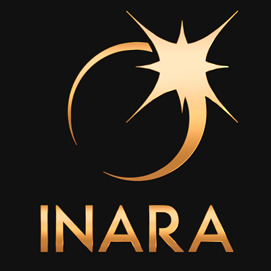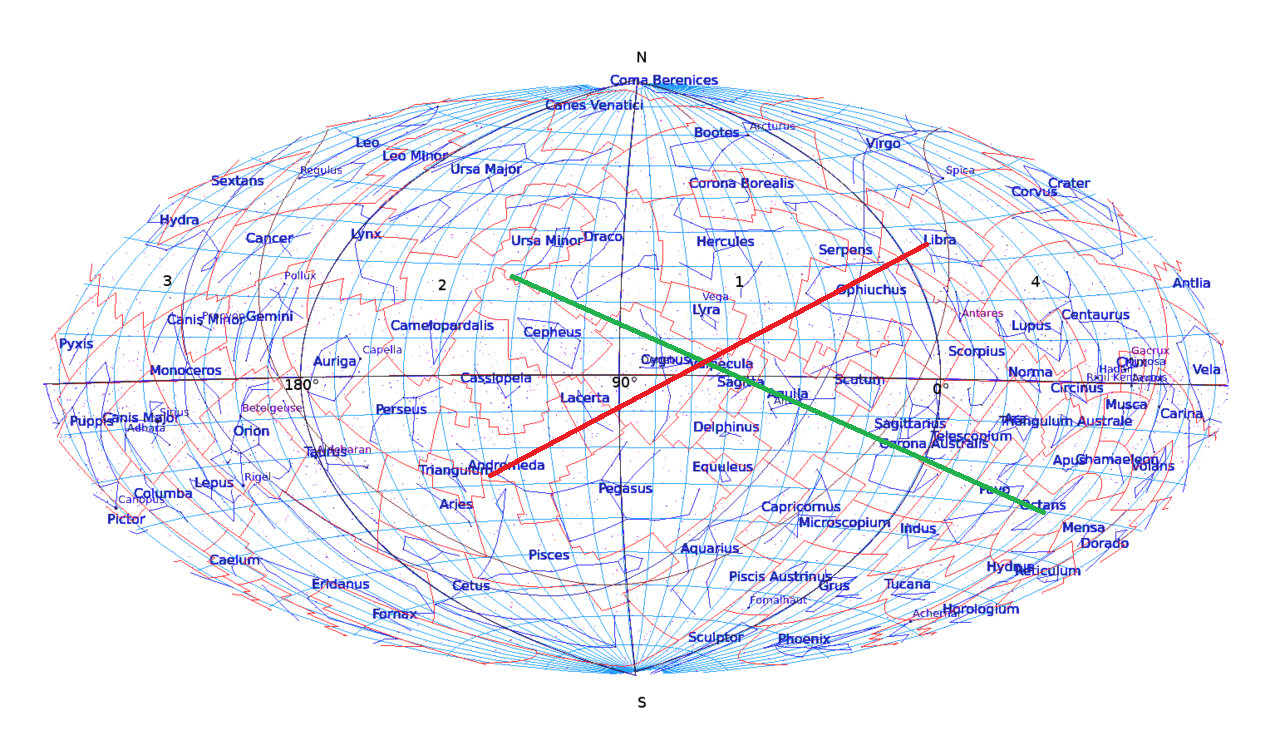Note Miltons Paradise Lost may hold some interesting physical aspects about ‘angels’ as protagonists; which we might speculate, influenced Brookes development of his Older Gods characters for his ‘Space In-between’.
In Milton’s text angels, in their true forms were huge, bigger than celestial bodies, they were not necessarily the atypical ‘humans with wings’ stereotype but took on any shape or size or power they wanted at will, some looked very weird indeed.
They were physical, they ate and slept, but had no internal nor vital organs, (they were all brain, all body, all blood etc), but could be cut and hurt or even horribly wounded, but could repair themselves quickly so could never actually die, they felt no pain except when they fell from grace.
They were all knowing and could build anything from raw matter even technology, and could if required reproduce asexually although they numbered beyond millions.
Of those angels who fell to hell, Milton named after pre-Christian deities, this in part may have been in reverence and reference to classical history advocating those deities were part of the pantheon and equally ancient, not an invention of man.
God creates the universe from matter that existed outside of the boundaries of heaven in a zone called chaos which was ruled over by characters Milton named after or made reference to, pre-Christian and classical deities. Note the timeline of the text identifies these existed before the creation of our universe and before the archangels first fell.
Time (entropy) technically does not exist in the book until the second fall, when humans are cast out of Eden, when the angels essentially kickstart time by physically moving the stars and celestial bodies into motion, so angels possess all of the powers of the god, as they essentially are part of him too, or extensions.
In context, in the establishment that ‘other gods’ existed alongside, or even pre-dated another god; could such angels and deities might hold as ample inspiration for Brookes ‘older gods’?





